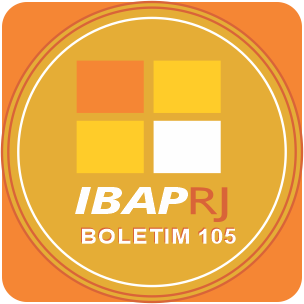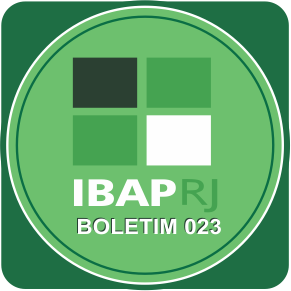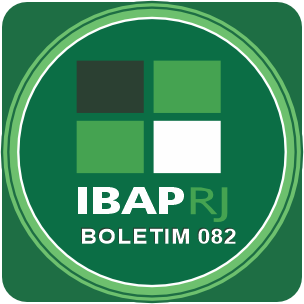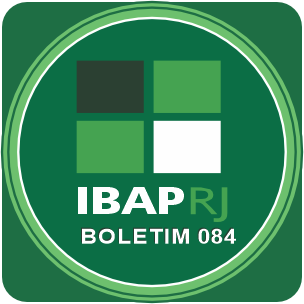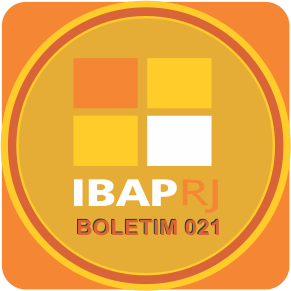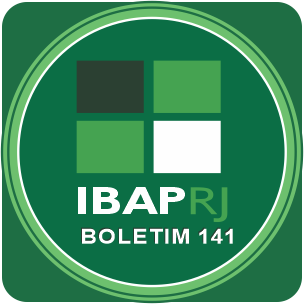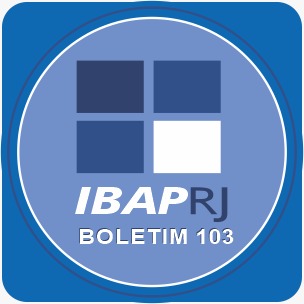This article evaluates the effects of two educational policies implemented in the Brazilian state of Ceará. The first was a tax incentive (TI) for mayors to improve municipal education. Under this policy, municipal tax transfers were conditioned on educational achievement. The second was a program to offer educational technical assistance (TA) to municipalities. The impact of these policies was estimated by employing the synthetic control method to create a synthetic Ceará not affected by TI and TA. When the two policies were combined, the results were consistent with a 12 percent increase in Portuguese test scores in primary education and a 6.5 percent increase in lower secondary education. There were similar increases in mathematics test scores; however, these were not statistically significant. This study also investigates the impact of educational interventions on upper secondary schools, which, despite not being directly affected by the new policies, received better-prepared students from lower secondary schools. The findings show no effect on this level of education, highlighting the need for debate on how to extend the benefits of educational policies to upper secondary schools, as well as to other Brazilian states. This research is the first to analyze the impacts of the policies in Ceará on primary, lower secondary, and upper secondary schools using data from 1995 to 2019.
Leia o artigo de Bruno Gasparotto Ponne em https://www.scielo.br/j/bpsr/a/s8jwsh34QmjcbN3pJSZTSFK/?format=pdf&lang=en

